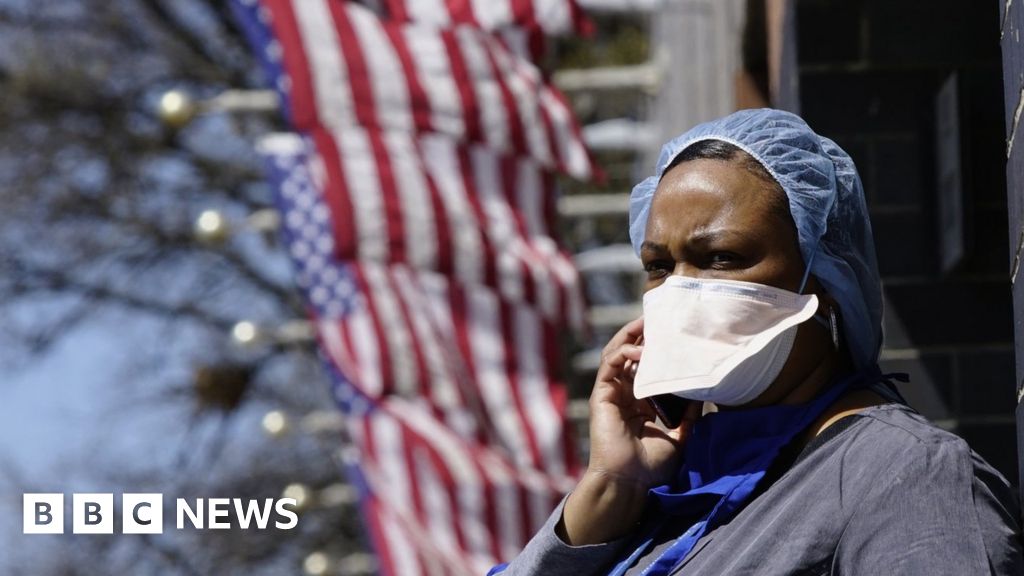- Joined
- Dec 11, 2018
- Messages
- 1,222
- Trophies
- 0
Stark statistics from Chicago health officials have underscored the heavy toll of coronavirus on black Americans.
Black Chicagoans account for half of all coronavirus cases in the city and more than 70% of deaths, despite making up 30% of the population.
Other cities with large black populations, including Detroit, Milwaukee, New Orleans and New York, have become coronavirus hotspots.
The US has recorded nearly 370,000 virus cases and almost 11,000 deaths.
As of 5 April, 1,824 out of Chicago's 4,680 confirmed Covid-19 cases were black residents, said city officials on Monday.
That compared with 847 white, 478 Hispanic and 126 Asian Chicagoans.
Chicago has seen a total of 98 deaths as of Sunday, with 72% of them black residents.
Though the coronavirus has been called the "great equalizer", data suggests that vulnerability to the infection may vary by neighbourhood.
In Michigan, African Americans make up 14% of the population, but they account for 33% of the coronavirus cases and 41% of deaths, figures from the state health department showed on Monday.
White residents account for about 23% of recorded cases in Michigan and 28% of deaths, according to the data.
Detroit, Michigan, is about 80% black, and the city together with its surrounding suburbs accounts for around 80% of confirmed coronavirus cases.
Some 40% of Louisiana's coronavirus deaths have occurred in the New Orleans area, where the majority of residents are black.
Health officials have previously said the Big Easy's residents suffer from rates of obesity, diabetes and hypertension that are higher than the national average, making them more vulnerable to Covid-19.
Mayor Lightfoot said diabetes, heart disease and respiratory illness were "really prevalent" in black communities.
Dr Arwady told reporters that even if everyone in the city did have access to a doctor, "we would still see significant health disparities because of food deserts and lack of walkable streets".

Coronavirus wreaks havoc in African American neighbourhoods
Black Chicagoans account for 70% of coronavirus deaths, despite making up 30% of the population.
www.bbc.co.uk